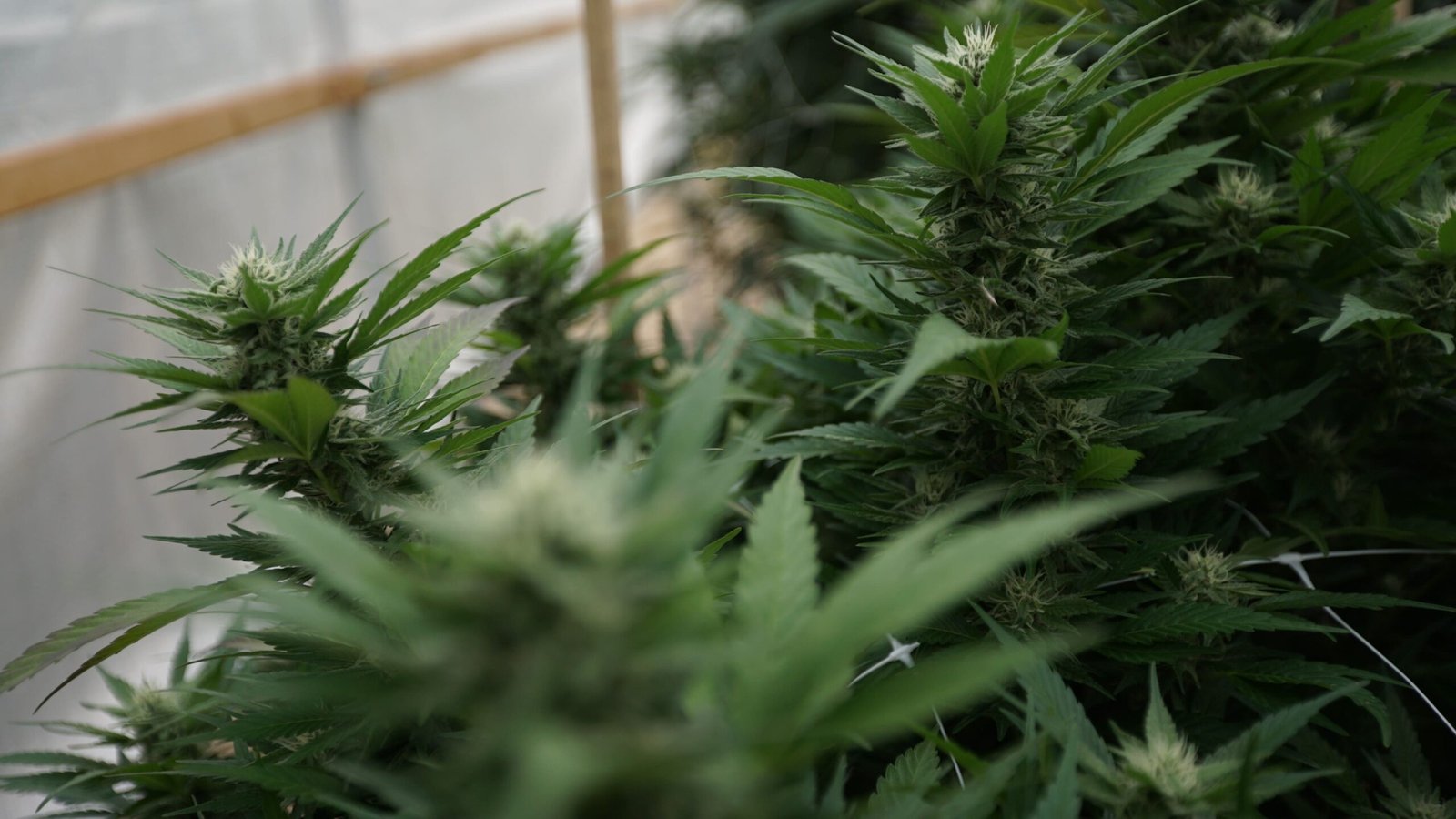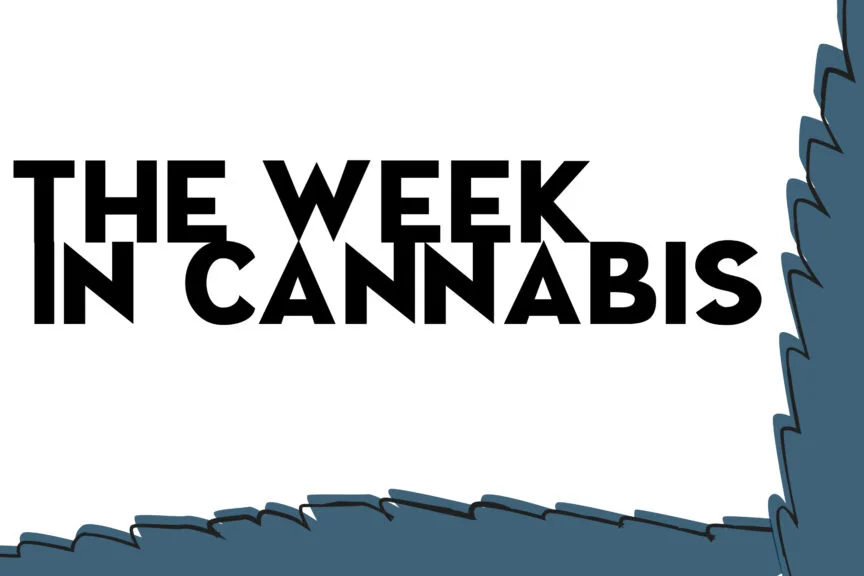In recent years, European countries have shifted their cannabis policies, moving from strict prohibition to various forms of legalization. However, most of these approaches have not effectively diminished the influence of illegal cannabis markets. Among them, Germany stands out by implementing a functional and scalable medical cannabis market that is showing early signs of success in combating illicit sales.
Historically, European nations have adopted diverse models. The Netherlands, known for its coffee shop culture, allows the sale of small amounts of cannabis but relies on an illegal supply chain, leading to safety and regulatory concerns. The Dutch tolerance model has failed to provide a controlled environment for cannabis sales, prompting the introduction of the Weed Experiment, which aims to legally supply cannabis through specific municipalities. However, results from this initiative will not be available until 2028.
Malta, the first EU country to permit personal cultivation and use of cannabis, still enforces stringent limitations. Adults can grow up to four plants and possess limited amounts of cannabis, but public consumption and sales remain illegal, restricting market growth. As of May 2025, there is no public data on how much cannabis nonprofit associations have supplied to their members, indicating a lack of transparency.
Luxembourg legalized cannabis cultivation for personal use in 2021, but it has yet to establish a legal sales framework. While adults can grow a few plants, public consumption and sales remain punishable by fines. A recent poll indicates that a significant portion of the population has tried cannabis, but the lack of sales avenues keeps the illicit market alive.
Switzerland has opted for a research-driven approach, launching pilot programs in major cities to assess the feasibility of legal cannabis sales. However, these programs restrict access to a limited number of participants with prior cannabis experience, failing to address the broader market.
In stark contrast, Germany’s cannabis policy, particularly with the passage of The Cannabis Act (CanG) in April 2024, has reclassified cannabis as a non-narcotic. This change has eased regulations for medical cannabis patients and prescribing doctors, allowing possession of up to 25 grams and cultivation of three plants. Notably, the number of prescriptions for medical cannabis surged by nearly 1,000% between March and December 2024, reflecting a significant shift in how cannabis is perceived for wellness.
Telemedicine has played a key role in this growth, enabling patients, especially in rural areas, to access cannabis more easily. By January 2025, Germany had imported over 37 tonnes of cannabis for medical purposes, showcasing the market’s expansion. Prices for certain strains have dropped to €3.99 per gram, making legal cannabis competitive against illicit options.
Germany’s approach provides a potential model for other nations considering cannabis reforms. Unlike the limited frameworks seen in neighboring countries, Germany’s regulated market aims to provide widespread access and affordability, challenging the illicit market directly. As European countries assess their cannabis policies, they can look to Germany’s example of a well-structured medical cannabis system that effectively addresses the issues posed by illegal sellers.


